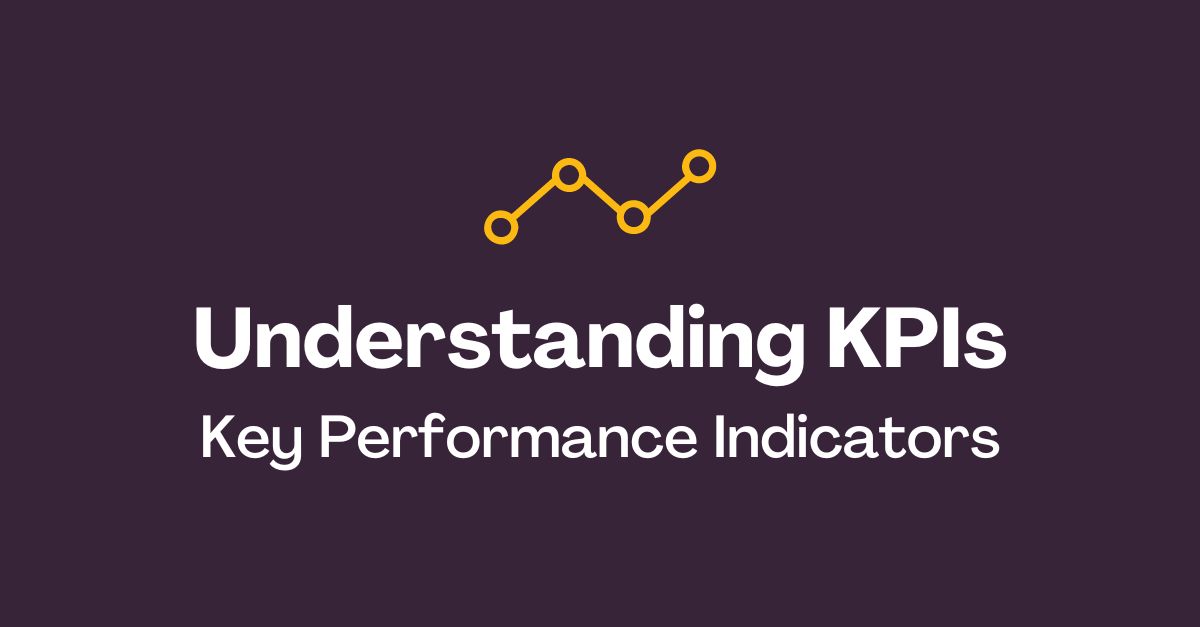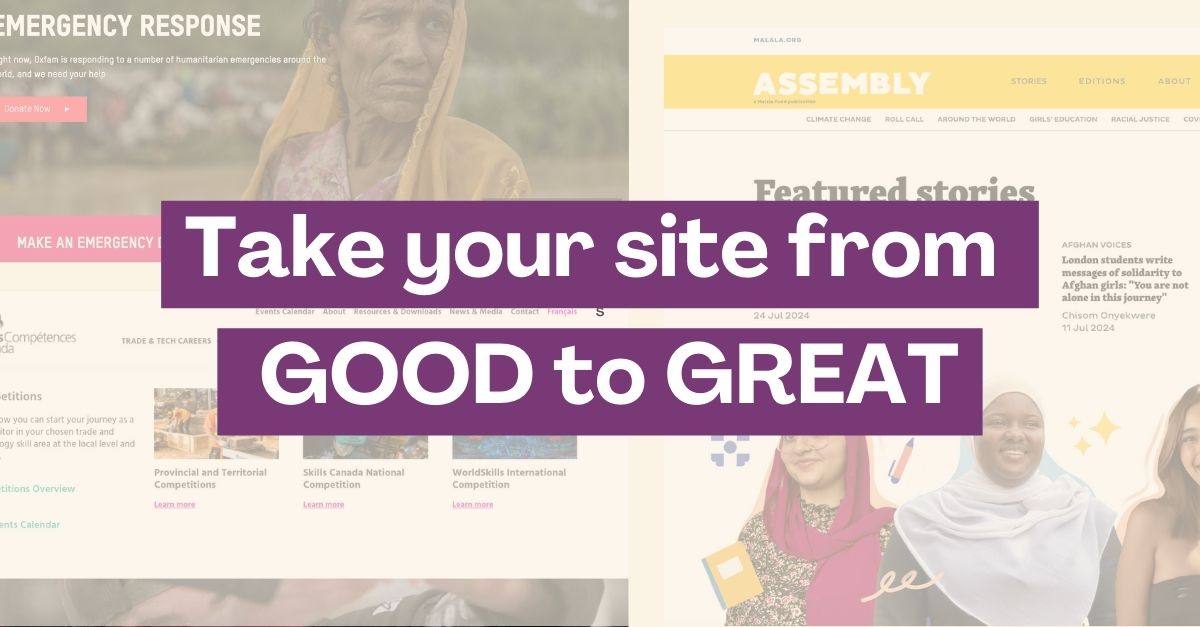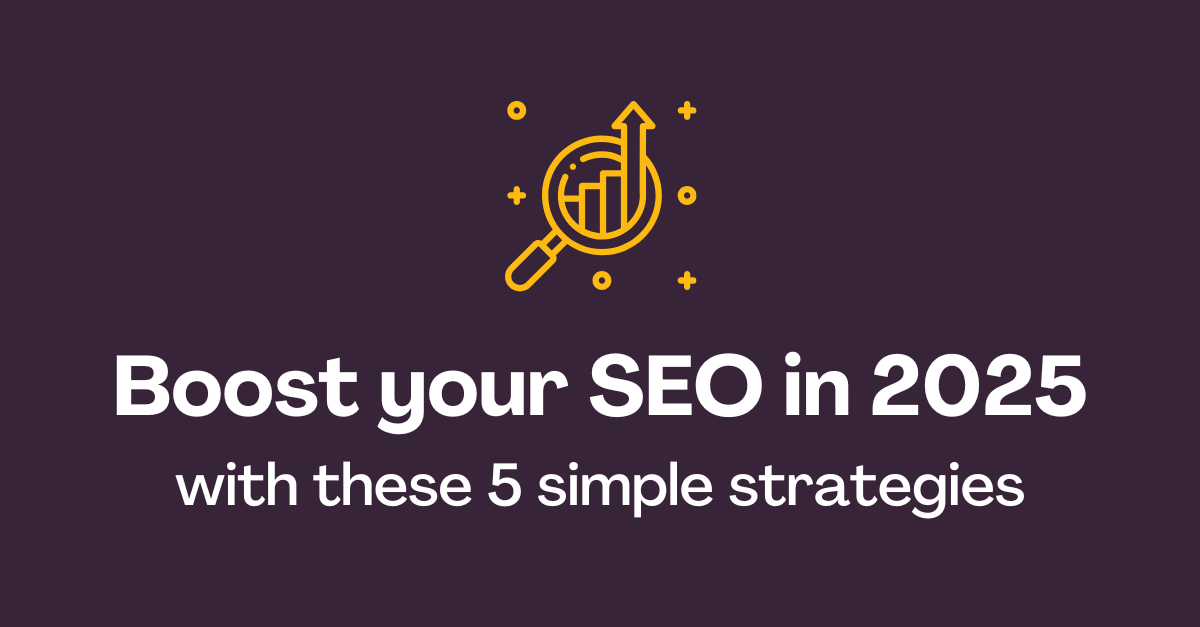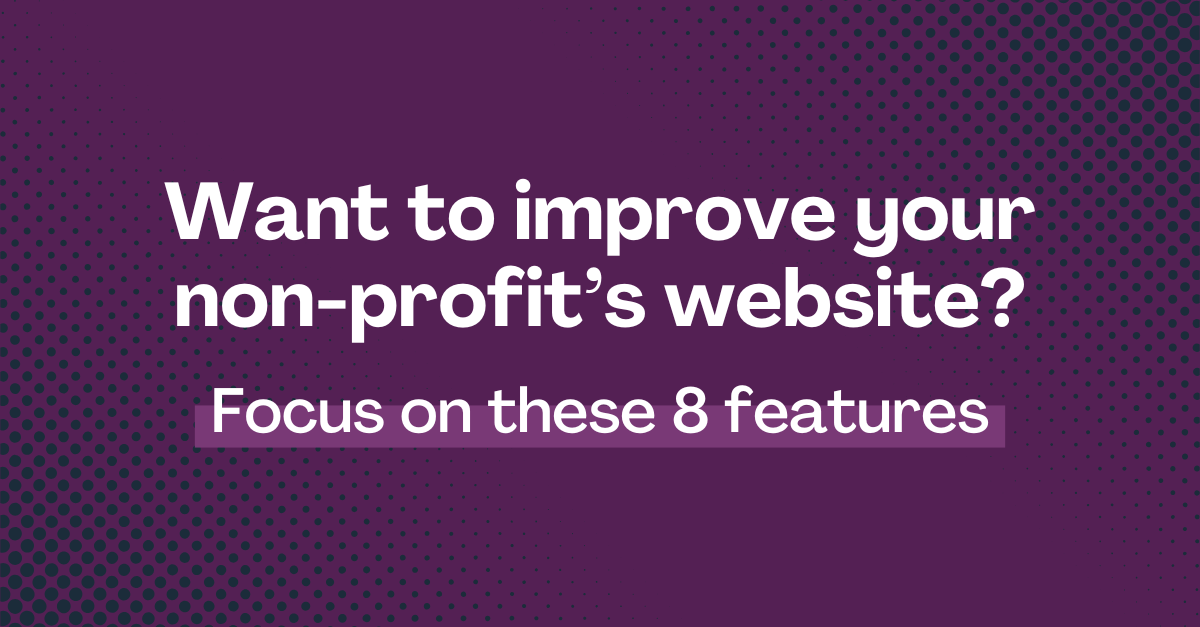"*" indicates required fields
The Best Tools for your Non-Profit Digital Marketing Reporting

Navigating the digital marketing world can feel like an uphill battle, especially for non-profits juggling tight budgets and the constant need to prove their impact.
The right reporting tools can help showcase that.
Knowing how to measure your efforts can be a game-changer, helping you fine-tune your strategies, rally more supporters, and keep your stakeholders in the loop.
This blog post dives into some of the best tools for non-profit digital marketing reporting and highlights why regular performance monitoring is your secret weapon.
The importance of tracking web, PPC, and social analytics
Imagine your digital marketing strategy as a thriving garden.
Each section, whether it’s the web, pay-per-click (PPC), social ads or organic social media, represents a different type of plant, requiring specific care and attention.
Tracking analytics across these channels is like having a detailed gardener’s journal, helping you understand what each plant needs to flourish.
The Web: Your Garden Bed
Your website is the garden bed where all your efforts take root.
It’s the central hub where supporters come to learn about your mission, get inspired, and take action. By monitoring web analytics, you can see how visitors interact with your site—whether they’re finding the information they need or wandering off-track.
Think of it as checking the soil’s health and adjusting the nutrients to ensure your plants grow strong.
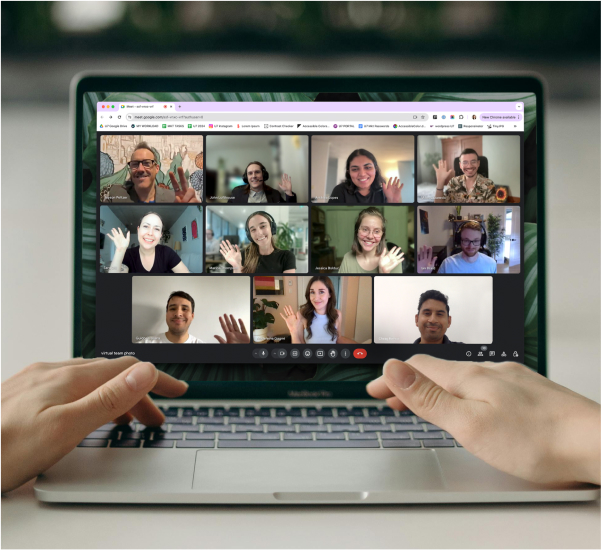
Boost your online presence with our help
- Web design and development
- SEO and PPC
- Social media strategy
- AI technology
Practical Example: A non-profit focused on environmental conservation noticed a high bounce rate on their donation page. Web analytics revealed that visitors were leaving due to a confusing form layout. By simplifying the form and adding clear instructions, they significantly increased their donation conversion rate.
PPC: Your Fertilizer
Pay-per-click (PPC) advertising is like the fertilizer that helps your garden grow faster.
It directs targeted traffic to your site, ensuring that people who are already interested in your cause find you easily.
Tracking PPC analytics helps you determine which ads are yielding the best results, much like figuring out which fertilizer mix is making your garden thrive.
Practical Example: A non-profit promoting literacy programs used PPC to advertise their annual fundraising event. By tracking the performance of different ad copies and keywords, they discovered that ads featuring success stories of program beneficiaries had higher engagement. They shifted their budget towards these high-performing ads, resulting in a sold-out event and increased donations.
Social Media: Your Pollinators
Social media acts as the pollinators, spreading your message far and wide.
It’s where supporters engage with your cause, share their thoughts, and connect with your mission. Monitoring social media analytics lets you see which posts are resonating, when your audience is most active, and how they interact with your content.
It’s like observing bees and butterflies at work, understanding which flowers they’re drawn to.
Practical Example: A non-profit dedicated to animal welfare found that their followers were most engaged with posts featuring behind-the-scenes stories of rescued animals. By focusing their social media strategy on similar content and tracking the engagement, they boosted their follower count and saw an increase in volunteer sign-ups and donations.
Bringing It All Together
When you track and analyze your web, PPC, and social media data, you get a holistic view of your digital marketing efforts.
Practical Example: Imagine your non-profit is launching a new campaign to raise awareness about climate change. Web analytics reveal that your blog posts about climate change have high engagement. You decide to fertilize this interest by investing in PPC ads that lead directly to these popular blog posts. Meanwhile, social media analytics show that infographics and videos about climate change receive the most shares. By combining these insights, you create a cohesive strategy: PPC ads driving traffic to engaging blog posts, which are then widely shared on social media. This coordinated effort ensures your message blooms, attracting more visitors to your site, increasing engagement, and ultimately boosting donations and support.
In the end, tracking web, PPC, and social analytics is not just about numbers; it’s about cultivating a thriving ecosystem that supports your nonprofit’s mission. By understanding and optimizing each component of your digital presence, you can ensure that your mission grows and flourishes, reaching its full potential.
List of the best analytics tools
To help you get started, here’s a list of some of the best analytics tools for nonprofits:
- Google Analytics
- Google Tag Manager
- Google Search Console
- Looker Studio
- Metricool
- SEMrush
1. Google Analytics
Google Analytics provides in-depth insights into website traffic and user behavior.
For non-profits, it’s an invaluable tool for understanding how visitors find your site, what content they engage with, and how they convert.
Think of it as having a magnifying glass over your online presence, allowing you to see the minute details that make a big difference.
With these insights, you can fine-tune your website to better serve your audience, ensuring that every visit counts.
Non-profits can use Google Analytics to track key performance indicators (KPIs) such as website visits, conversion rates, and user engagement metrics.
It’s like having a dashboard in your car, giving you real-time information about speed, fuel levels, and engine health. With this data, you can ensure your website is performing at its best and adjust your strategies accordingly.
- Website Visits: Understand how many people are visiting your site, where they are coming from, and which pages they visit the most. This helps you identify high-traffic areas and optimize them further.
- Conversion Rates: Track how many visitors complete desired actions, such as signing up for a newsletter, making a donation, or filling out a contact form. Knowing your conversion rates can help you tweak your call-to-action buttons and improve your overall conversion strategy.
- Audience Segmentation: Segment your audience based on various criteria like age, location, and interests. This allows you to tailor your content and campaigns to different segments, increasing relevance and engagement.
Practical example: A non-profit working on community health initiatives used audience segmentation in Google Analytics to identify that their health tips blog was particularly popular among young adults in urban areas. They then created targeted social media campaigns to drive this demographic to their site, resulting in a 25% increase in engagement from this key audience.
2. Google Tag Manager
Google Tag Manager (GTM) goes beyond what’s available in Google Analytics, by allowing users to create what are called “tags” to set up additional tracking for custom actions across a website.
Think form completions, clicks on a variety of buttons, quiz question tracking and submissions, and so much more.
NOTE: Although GTM has a user-friendly interface that often doesn’t require coding experience, nonprofits could leverage marketing agencies and external teams to implement tags given the learning curve to using the tool.
Non-profits can use Google Tag Manager to deploy and manage tags, such as tracking codes and marketing analytics, efficiently. Think of it as having a master key that gives you control over various tracking elements on your site.
This flexibility allows for quick updates and customization, ensuring your data collection remains current and relevant.
- Deploying Tags: Easily add and manage tracking codes like Google Analytics, Facebook Pixel, and other marketing tags without modifying the website’s code. This saves time and reduces the risk of errors.
- Custom Events: Set up custom events to track specific actions on your site, such as button clicks, form submissions, and video plays. This helps you gather detailed data about user interactions.
- Version Control: GTM offers version control, allowing you to revert to previous tag configurations if something goes wrong. This ensures you can test new tags without fear of breaking your site.
Practical example: A non-profit dedicated to clean water initiatives wanted to track user interactions with their educational resources, such as e-book downloads and webinar registrations. By using GTM, they set up custom event tracking to monitor these actions. This data provided valuable insights into which resources were most popular, guiding their content strategy and improving user engagement.
3. Google Search Console
Google Search Console is essential for monitoring and optimizing your site’s presence in Google search results. For non-profits, visibility is crucial; if your audience can’t find you online, your message and mission might go unheard.
Think of Google Search Console as your site’s health check-up, providing insights into how well your site is performing in search results and identifying issues that could be hampering your visibility.
With Google Search Console, you can track your site’s search performance, understand which queries bring traffic, and identify any technical issues that need addressing. It’s like having a detailed map and a toolkit for your website’s SEO journey, ensuring you stay on the right path and can fix problems as they arise.
- Tracking Search Performance: See how your site is performing in Google search results. Understand which search queries bring users to your site, which pages are most popular, and how often your site appears in search results.
- Identifying Technical Issues: Spot and fix technical problems like broken links, crawl errors, and mobile usability issues. This helps ensure your site is user-friendly and search-engine-friendly.
- Optimizing Content: Use search performance data to optimize your content. By understanding which keywords and queries are driving traffic, you can tailor your content strategy to better meet the needs of your audience.
Practical example: A non-profit dedicated to mental health awareness used Google Search Console to discover that many visitors were finding their site through searches related to specific mental health conditions. They created more content focused on these topics, which increased their organic traffic and helped more people find valuable resources.
4. Looker Studio
Looker Studio, formerly known as Data Studio, allows non-profits to create custom, visually appealing reports and dashboards.
For non-profits, clear and compelling data presentation is crucial. Imagine trying to explain your impact to stakeholders with a jumble of raw numbers—Looker Studio turns those numbers into beautiful, easy-to-understand visuals that tell your story effectively.
It helps you demonstrate your successes, needs, and areas for improvement in a way that resonates with donors, volunteers, and board members.
Looker Studio can be used to combine data from various sources, including Google Analytics, Google Ads, and social media platforms, into a single, comprehensive report. Think of it as creating a masterful quilt from various fabric pieces, resulting in a unified and informative visual display of all your digital marketing efforts.
- Data Integration: Combine data from multiple sources to create a comprehensive view of your digital marketing efforts. This can include website traffic, ad performance, and social media engagement, all in one place.
- Custom Dashboards: Build custom dashboards tailored to your specific needs, whether it’s tracking fundraising campaigns, volunteer engagement, or program impact. These dashboards can be shared with stakeholders to keep everyone informed and engaged.
- Interactive Reports: Create interactive reports that allow stakeholders to explore the data themselves, drilling down into specific metrics or time periods to understand trends and performance in greater detail.
Practical example: A non-profit within education used Looker Studio to integrate data from their Google Analytics, social media platforms, and email campaigns into a single dashboard. This allowed them to track the performance of their latest awareness campaign in real time, adjust strategies on the fly, and provide detailed reports to their board for their various subdomains, leading to more informed decision-making and stronger campaign results.
5. Metricool
Metricool is an all-in-one tool for managing and analyzing your social media and advertising efforts. For non-profits, juggling multiple social media platforms and advertising campaigns can be overwhelming.
Metricool simplifies this by providing comprehensive analytics and scheduling capabilities, making it easier to handle digital marketing strategies effectively.
Imagine having a personal assistant that not only schedules your posts but also provides in-depth insights into their performance—Metricool does just that.
With Metricool, non-profits can plan and schedule social media posts, monitor performance metrics across various platforms, and analyze the success of advertising campaigns. It’s like having a Swiss Army knife for your social media management, providing all the tools you need in one place.
- Planning and Scheduling: Easily plan and schedule your social media posts across different platforms. This ensures your content is consistently posted at optimal times, even if you’re busy with other tasks.
- Performance Monitoring: Track key performance metrics such as engagement rates, follower growth, and click-through rates. Understanding these metrics helps you see what’s working and what’s not, allowing you to tweak your strategies for better results.
- Advertising Analysis: Analyze the performance of your social media and digital advertising campaigns. This includes monitoring ad spend, clicks, conversions, and overall ROI, helping you make data-driven decisions on where to allocate your budget.
Practical Example: A non-profit within the skilled trades used Metricool to manage their social media campaigns across multiple platforms. By analyzing engagement metrics and scheduling posts in advance, they were able to maintain a consistent online presence. This consistency led to increased follower growth and higher engagement rates, helping them raise more awareness and support for their cause.
6. SEMrush
SEMrush is a comprehensive tool for SEO and competitive analysis, crucial for non-profits aiming to enhance their search engine visibility and stay ahead of competitors.
Think of SEMrush as your digital marketing Swiss Army knife, equipped with tools that help you understand your online landscape, uncover opportunities, and devise strategies to outshine other organizations.
For non-profits, being visible online is essential to attract donors, volunteers, and advocates, and SEMrush provides the insights needed to achieve that.
Non-profits can use SEMrush to conduct keyword research, track rankings, analyze competitor strategies, and audit their site for SEO issues. It’s like having a GPS for your digital marketing journey, guiding you towards higher visibility and greater impact.
- Keyword Research: Discover the best keywords to target for your content. SEMrush provides insights into search volume, keyword difficulty, and competitive density, helping you choose the most effective terms to reach your audience.
- Rank Tracking: Monitor your website’s ranking for specific keywords over time. This allows you to see the impact of your SEO efforts and make adjustments as needed to maintain or improve your position.
- Competitor Analysis: Analyze your competitors’ SEO strategies, including their keyword rankings, backlink profiles, and content performance. This helps you understand what’s working for them and identify opportunities to differentiate and outperform them.
- SEO Audits: Conduct comprehensive audits of your website to identify technical issues, such as broken links, slow page speeds, and mobile usability problems. Fixing these issues ensures your site is optimized for search engines and provides a better user experience.
Practical Example: A non-profit dedicated to providing education resources used SEMrush to audit their website and found several technical issues, including broken links and slow page speeds. After addressing these issues, they saw a significant improvement in their search engine rankings, leading to a 30% increase in organic traffic and greater engagement with their educational content.
Getting started with monthly reporting
Marketing reporting is essential for tracking progress, identifying trends, and making data-driven decisions.
For more insights into why monthly reporting is critical, check out our article 6 Benefits of Digital Marketing Analytics Reports for Your Non-Profit.
At U7 Solutions, we integrate all these powerful tools within our reports to provide a comprehensive view of your digital marketing efforts.
This integration helps you track your performance effectively, make data-driven decisions, and maximize your outreach and impact.
Ready to take your non-profit’s digital marketing to the next level?
Get in touch with us today to see how our reporting services can help you achieve your marketing goals.
Let's chat about your goals
OR tell us more about you
Swipe up for expert help!


